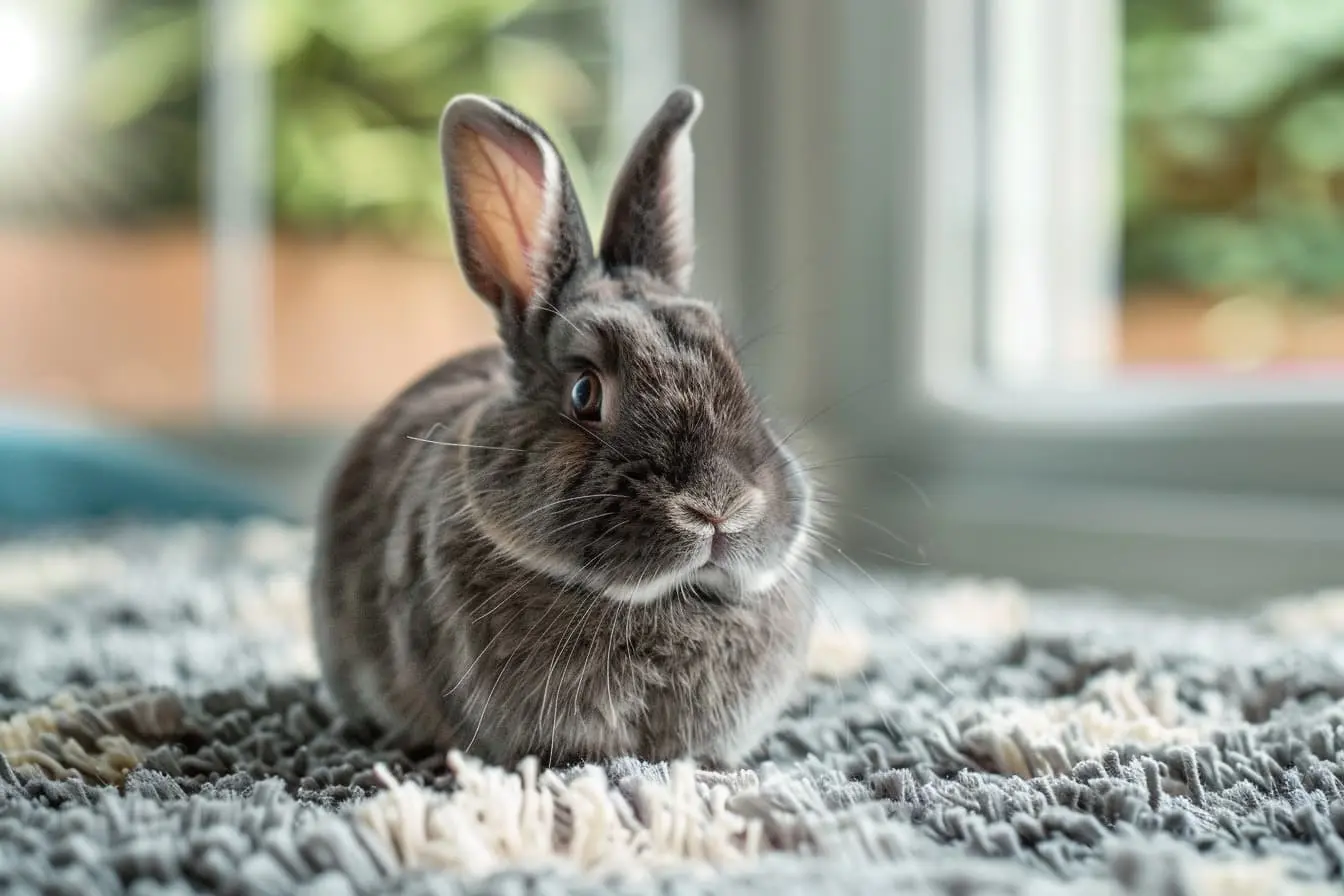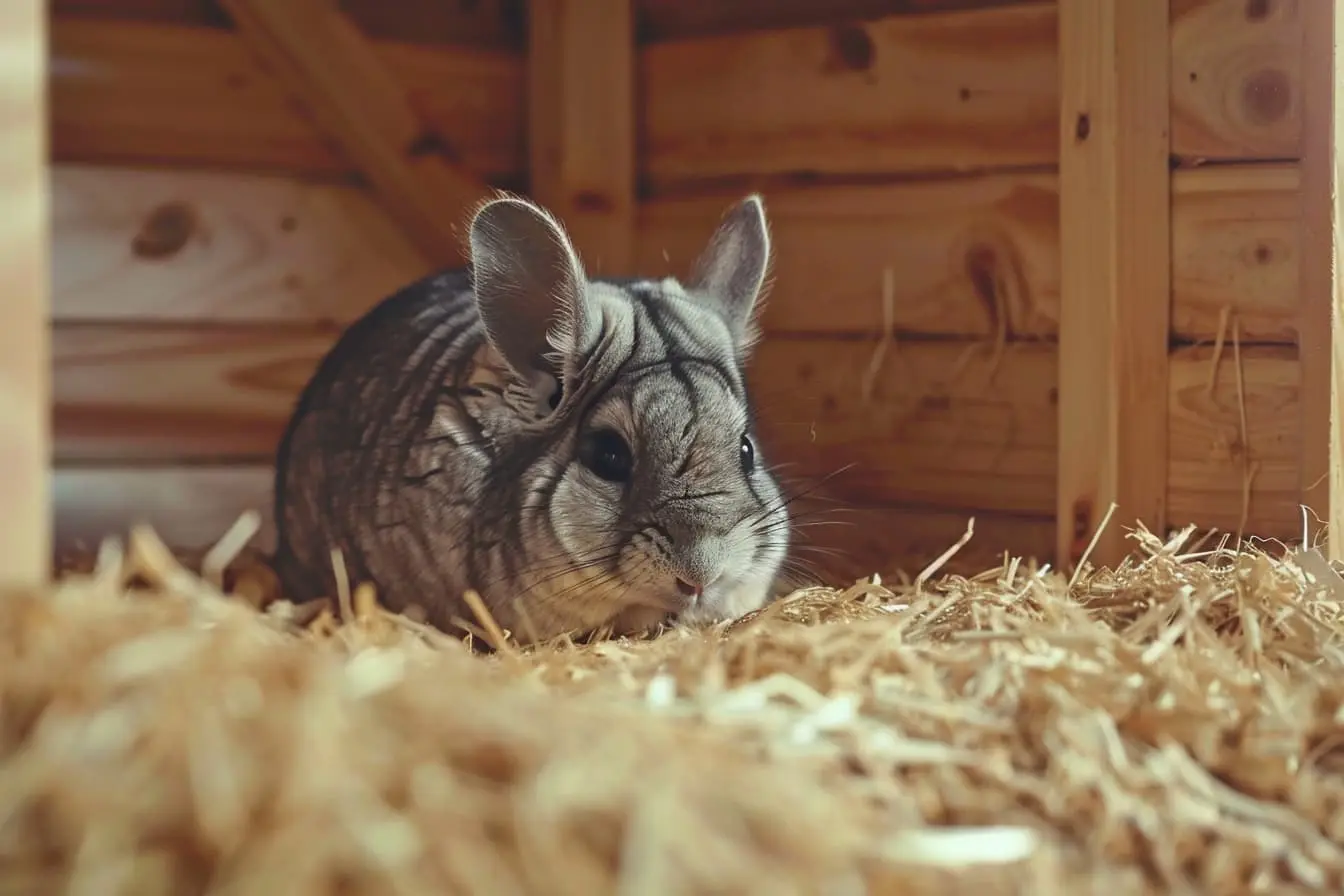
Why Neutering Your Ferret is Essential for Their Well-being
Ferrets make lively and engaging pets, known for their playful antics and curious nature. However, owning these intelligent creatures comes with responsibilities, one of which includes making informed decisions about their health and welfare. Neutering your ferret not only addresses the practicalities of reproduction control but also plays a crucial role in preventing serious health issues. Here, we delve into the importance of neutering ferrets, the benefits it offers, and some considerations for pet owners.
The Importance of Neutering Ferrets
Neutering, the surgical removal of the testes in males (castration) or ovaries in females (spaying), is a critical aspect of ferret care for several reasons:
Health Benefits
- Prevents Adrenal Disease: Neutering significantly reduces the risk of adrenal gland disease, a common and serious health issue in ferrets, which is linked to the hormonal changes associated with sexual maturity.
- Eliminates Risk of Pyometra: In females, spaying eliminates the risk of pyometra, a life-threatening uterine infection that is relatively common in unspayed ferrets.
- Reduces Aggression: Neutering can help reduce aggressive behaviours associated with hormonal surges, making ferrets more amiable companions.
Prevents Unwanted Litters
Ferrets are prolific breeders, and without neutering, accidental pregnancies can occur, leading to unwanted litters. Neutering prevents the stress and health risks associated with pregnancy and birthing in females.
Improves Quality of Life
Neutered ferrets often enjoy a higher quality of life. They're less likely to exhibit stress-related behaviours or aggression and can live more harmoniously with other ferrets.
Considering the Procedure
Age for Neutering
Ferrets can be neutered as early as 4-6 months of age. However, the exact timing should be discussed with your vet, taking into account your ferret's health and development.
Selecting the Right Vet
Choose a veterinarian experienced with ferrets. Neutering is a common procedure, but small animals require specific surgical expertise and care.
Post-Operative Care
After surgery, provide a quiet place for your ferret to recover. Follow your vet's instructions regarding care, monitoring the incision site for signs of infection, and managing pain.
Addressing Common Concerns
Behavioural Changes
Some owners worry about personality changes post-neutering. While neutering can reduce aggression and sexual behaviours, it does not fundamentally alter a ferret's playful and inquisitive nature.
Health Risks
As with any surgery, there are risks associated with anaesthesia and the procedure itself. However, these risks are generally low, especially when weighed against the significant health benefits neutering offers.
Cost
The cost of neutering can vary, but it's an investment in your ferret's long-term health and wellbeing. Some animal charities and welfare organisations offer financial assistance or low-cost options.
Conclusion
Neutering your ferret is a responsible decision that benefits both you and your pet. It significantly reduces the risk of several serious health issues, prevents unwanted litters, and can lead to a more harmonious household. Discuss with your vet the best timing for the procedure and any concerns you might have to ensure your ferret receives the best possible care. Remember, the wellbeing of your ferret is paramount, and neutering is a key step in ensuring a happy, healthy life together.
Vets near you
Speciality vets
- Aquatics vet specialists
- Birds vet specialists
- Camelids vet specialists
- Cats vet specialists
- Cattle vet specialists
- Deer vet specialists
- Dogs vet specialists
- Equines vet specialists
- Exotic vet specialists
- Goats vet specialists
- Pigs vet specialists
- Poultry vet specialists
- Sheep vet specialists
- Small Mammals vet specialists
- Wild vet specialists
Vet facilities
- Accessible by public transport
- Blood testing
- Car park nearby
- Client car park
- Dentistry
- Diagnostic imaging
- Disabled public access
- Flea and worm treatments
- Microchipping
- Mobile services
- Neutering
- Open at weekends
- Out-of-hours service
- Referral interests
- Referrals only
- Street parking outside
- Toilets available
- Vaccinations



